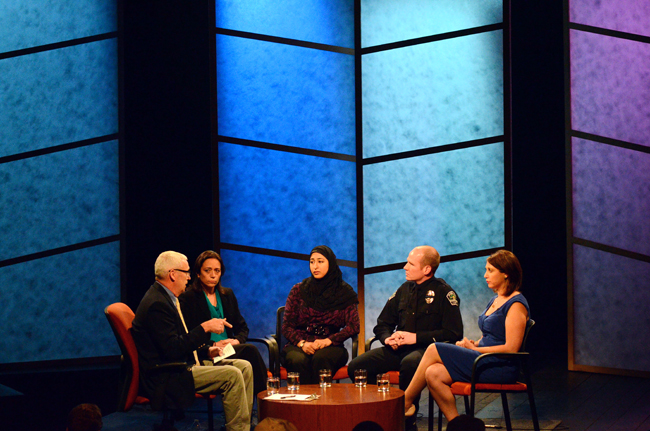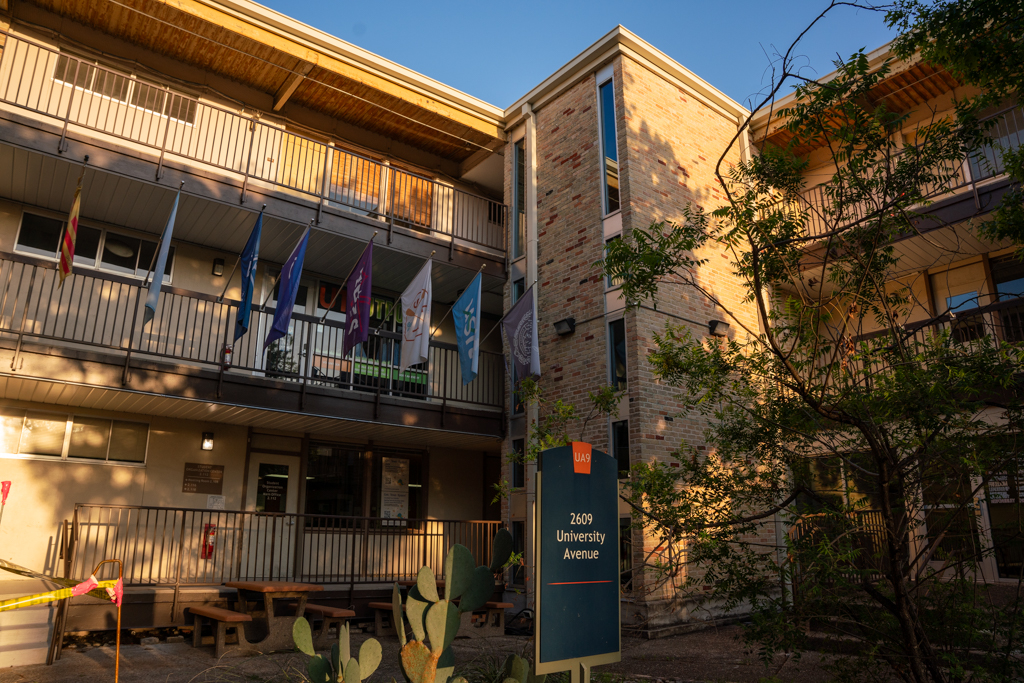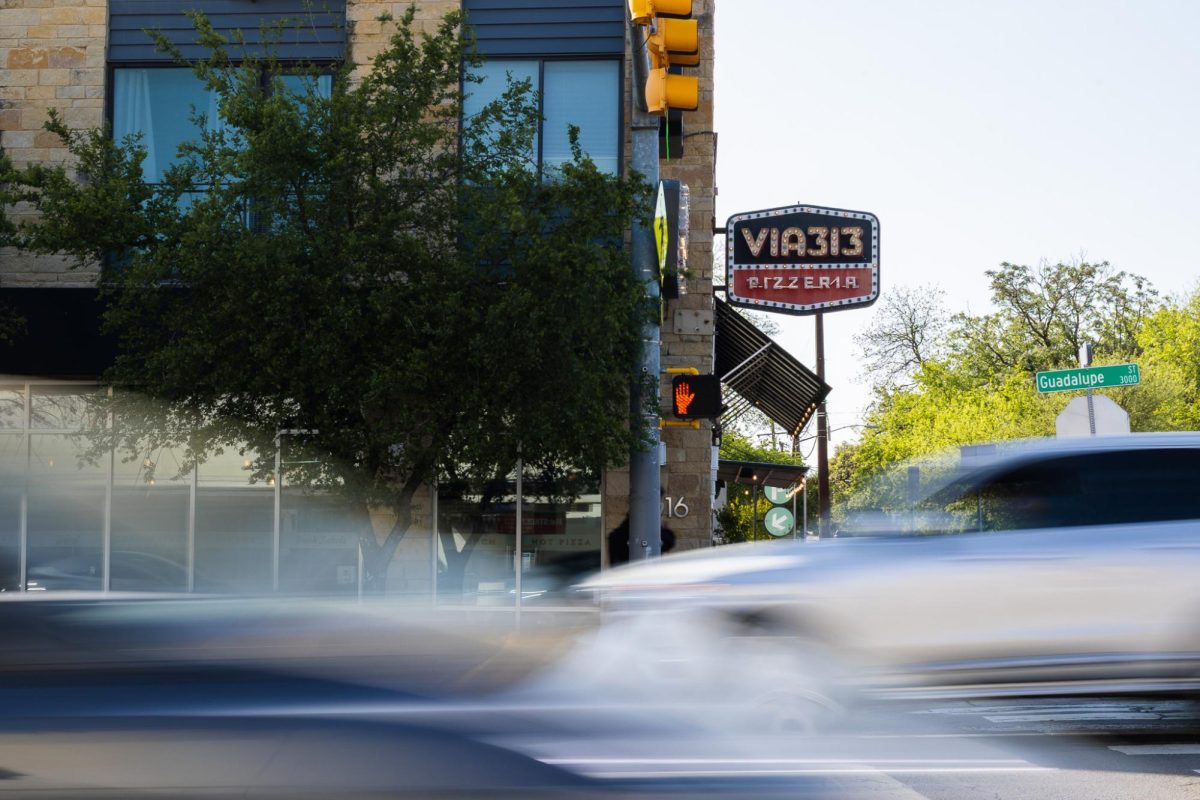The Austin/Travis County Hate Crimes Task Force is trying to instill a new message in the community: respect is not a passive mind-set.
More than 50 representatives from various groups of the Austin community attended a summit Thursday night on campus entitled Creating a Community of Respect. During the summit, four members of the Austin/Travis County Hate Crimes Task Force were part of a roundtable that addressed how Austin is working to prevent and respond to hate crimes within the community.
“We need to overcome the notion of the bystander,” said Karen Gross, community director of the Anti-Defamation League. Gross oversaw the creation of the task force in December 2010.
Gross said it’s important for other members of the community to speak up when a hateful crime is being committed. She said the task force asks for any community member wishing to get involved to reach out to them in order to create a task force that is better reflective of the community it serves. The task force is divided into the prevention, response and restoration work groups with the goal of creating a respectful community free of hate. The prevention work group is focused on education, and the response work group creates local policies, while the restoration work group is geared toward helping victims cope.
Task force members spoke about how the intention behind hateful crimes differentiates them from ordinary misdemeanors and how the community can respond to them.
Muna Hussaini, UT alumna and community activist, said she has been a victim of hate crimes. She spoke about the verbal and physical hate crimes committed against her following the events of 9/11.
“I was being verbally assaulted because of my background on a plane three months after 9/11 and no one, including the flight staff, would say anything,” Hussaini said. “We need to be active and intentional about how we respond to hate crimes.”
The other task force members said Hussaini played an integral part in helping them realize who they are trying to serve in the community.
Senior Austin Police Department officer Steven McCormick said individuals like Hussaini should not have to live their lives wondering who is going to hurt them. McCormick serves as the co-chair of the Restoration Work Group of the task force and helps educate police officers on how to spot signs of hateful crimes and how to respond to them at APD’s Training Academy.
“Muna had to change her life because she had to change the way she viewed other people’s intentions, worrying about who was going to hurt her,” he said. “She opened my eyes to realize that so many individuals live like this and they shouldn’t because that’s what police officers sign up for.”
There are increasing resources in the community for both officers and community members to use to help those that have been affected by a hate crime, he said.
“It’s important that our officers, as first responders, learn to make a person feel safe so they can begin accepting what has happened to them and eventually heal,” he said.
After the talk, Occupy UT member Lucian Villaseñor spoke up and asked McCormick what APD was doing to prevent hate crimes among its own police officers. Villaseñor claimed the death of a man killed by a police officer during a traffic stop in East Austin last week was a hate crime.
Villaseñor said students attended the summit to confront Police Chief Art Acevedo about the incident. Acevedo was expected to be at the event but did not attend.
McCormick said he couldn’t speak for the officer involved in last week’s shooting that is currently under investigation. APD is continuously working with the task force to train officers in prevention and response to hate crimes, McCormick said.





















